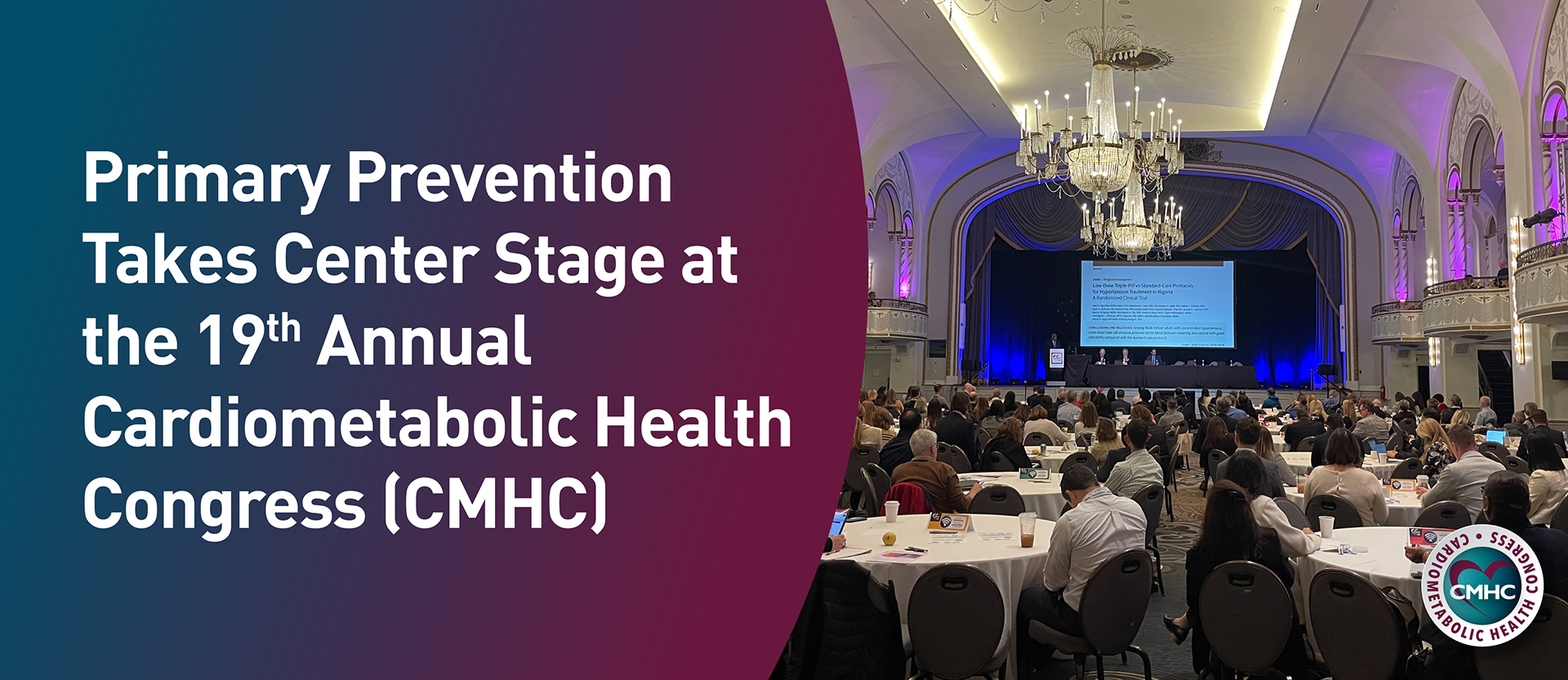A new study confirms that stopping a cholesterol-lowering drug can be critically dangerous. Researchers found that people who stopped taking statins, after reporting a side effect, were 13% more likely to die, or have a hear attack or stroke over the next four years.
Statins work by inhibiting the liver’s ability to produce cholesterol, while simultaneously helping the organ remove existing fats in the blood. These drugs are ‘almost universally prescribed’ to people with cardiovascular disease; moreover, the U.S. Preventive Services Task Force recommends the drugs to people ages 40-75, who have no history of heart disease, if they have one or more risk factors.
While there is extensive literature and clinical studies surrounding the efficacy of statins, a quarter to a half of patients stop taking the drugs within six months to a year, according to Dr. Alexander Turchin of Brigham and Women’s Hospital in Boston. In order to determine whether people who continue taking statins fare better than those who do not, researchers analyzed data from two Boston hospitals between 2000 and 2011.
During that period, over 200,000 adults were prescribed and treated with statins; almost 45,000 of those people reported a side effect that they thought might be from the medication: generally muscle or stomach aches. The researchers focused on 28,266 people from those 45,000 with possible side effects: most of them, 19,989 individuals, continued to take the statins.
Approximately four years after the side effects were reported, 3,677 patients had died, or suffered a heart attack or stroke. Overall, researchers found that people who stopped taking statins were 13 percent more likely to die or have a heart attack, or stroke. According to Dr. Robert Rosenson, a professor of cardiology at the Icahn School of Medicine at Mount Sinai in New York City, these new findings further confirm and expand on previous studies that demonstrated the benefits of continuing to take statins.

















